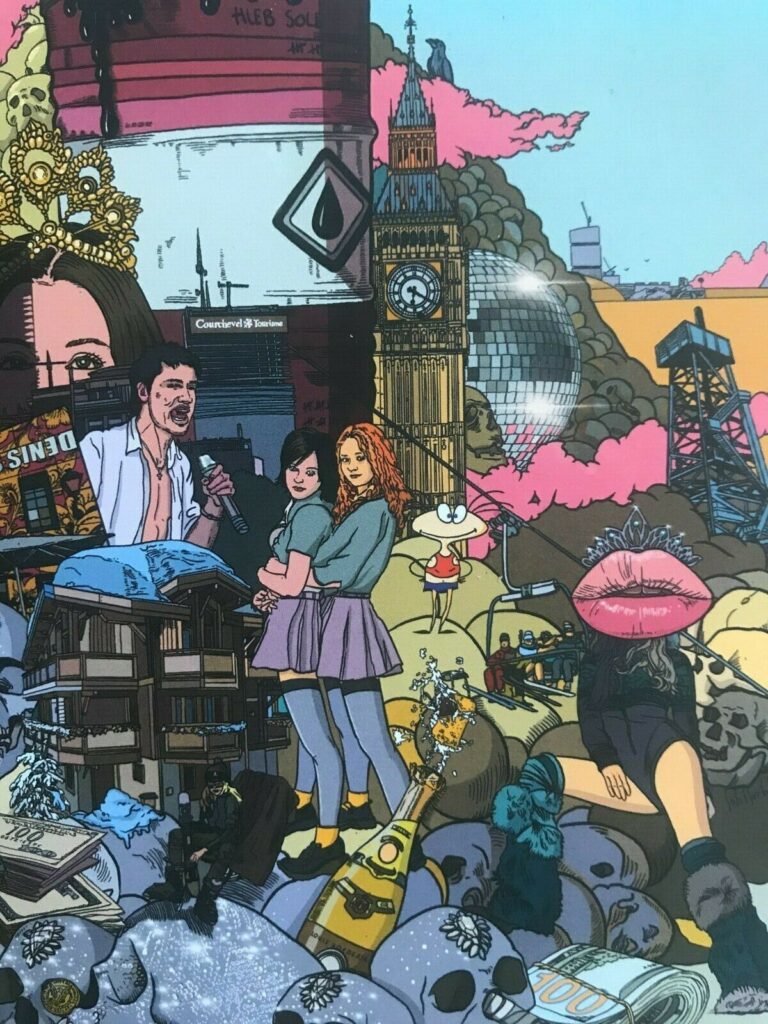Corporate events, Our Radio, Detsl and t.A.T.u., and that’s not all: How the Russian music industry looked during the 2000s.
Note: The translation only covers the portions of the article which mention t.A.T.u.
Not Gonna Get Us
But the main achievement of domestic popular music was a project that was extremely far from the mafia atmosphere of the main production clans – it was created by the child psychiatrist Ivan Shapovalov, one of those rare show business nuggets which move it forward.
t.A.T.u., a duo of teenage girls who portrayed lesbians, which they were not in reality, broke not only Russian, but also world charts, becoming the only real example of success of domestic artists on the international market. In the early 2000s, our girls turned out to be much bolder than Western artists and were ahead of the rest, even back then promoting those trends that the Western industry is so persistently cultivating today.
The Cherry On Top
In the 2000s, through the efforts of Channel One, the stagnant European trash Eurovision Song Contest was transferred to the category of an important national competition such as soccer. People were chained to their screens, and Russia’s oil and financial power was spectacularly demonstrated in 2008, when Dima Bilan took first place (Pugacheva, Mumiy Troll and even t.A.T.u. did not succeed in this). It was a kind of farewell cherry on the glamorous cake of the Russian 2000s.



